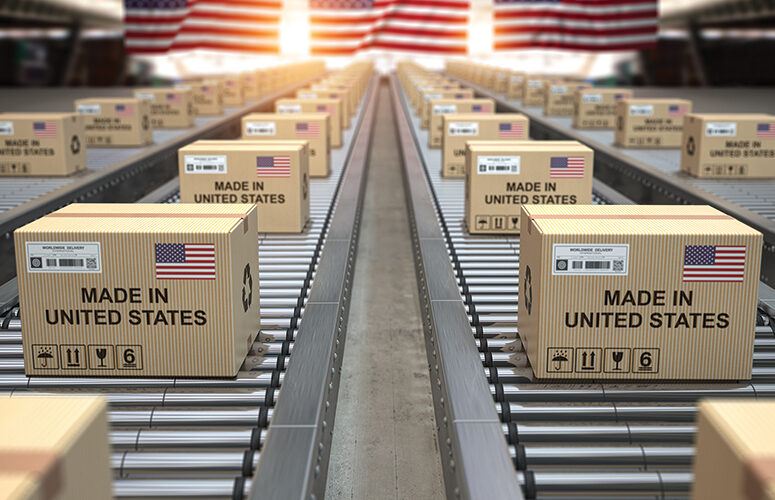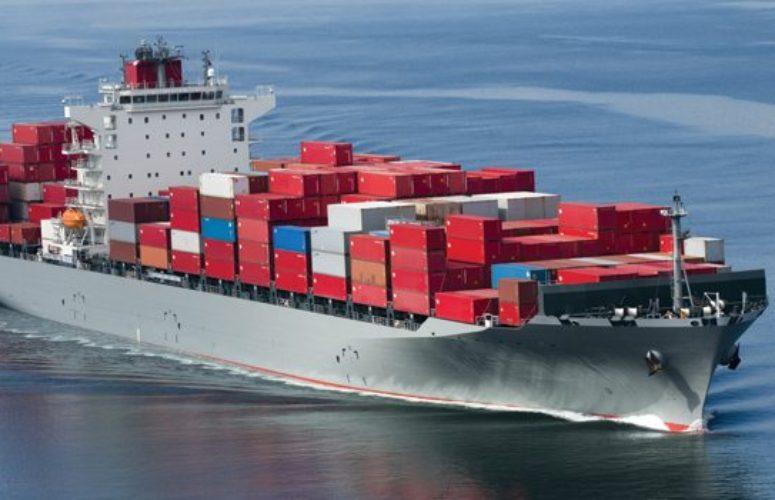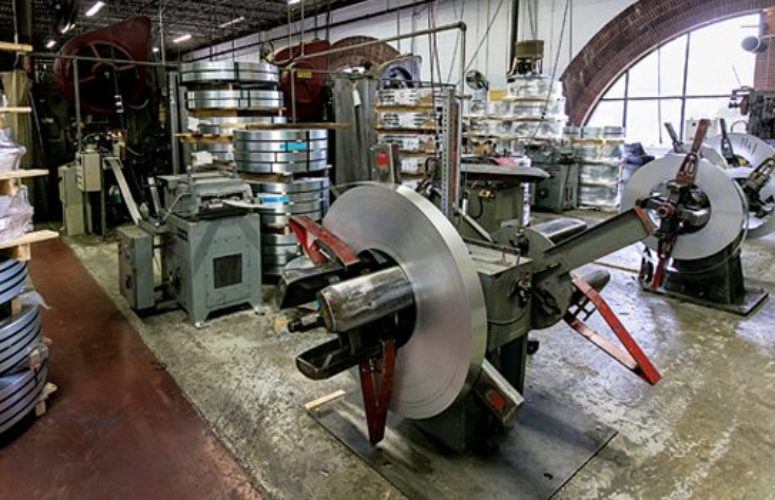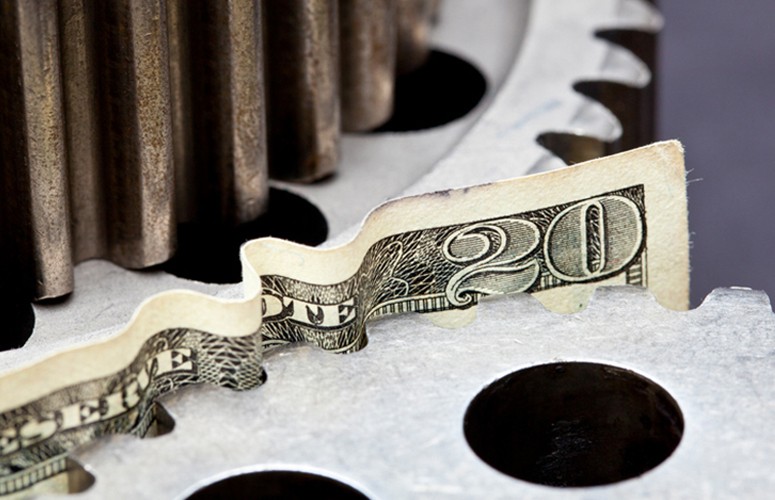
Bringing Manufacturing Back to US Shores
The current reshoring of manufacturing may be more than just a fad.
By Jim Pytell, Managing Editor On Nov 8, 2021The ability to claim that a product was “Made in America” is a symbol of pride for many businesses across the US. Supporting the national economy and providing jobs to fellow citizens is a clear motivator for many of our country’s manufacturers, but the rising costs of goods and labor over the years has seen companies shifting operations offshore and buying materials and products from other countries in an attempt to save money.
However, Paul Harencak, vice president of business development & technical services at Moonachie-based LPS Industries, believes that an increase in reshoring – the practice of bringing manufacturing and services back to the US from overseas – may become more common.
“There is a general trend within manufacturing companies to try to buy domestically,” Harencak says. “Offshoring began decades ago to take advantage of lower wages and more relaxed environmental and tax regulations, but [the savings which were] a major incentive 10 or 15 years ago have become less of an incentive over the past couple years.”
With price increases overseas, and the pandemic wreaking havoc on the supply chain, businesses may begin weighing their lower savings from offshoring against its common challenges such as longer shipping times, the potential for a lower quality of product, and concerns about protecting intellectual property rights.
Harencak says that given the current state of the supply chain, conducting international business has become an eye-opening experience for many companies.
“You are at the mercy of so many variables that it not only becomes expensive, but also uncontrollable,” he says.
To put into perspective how crazy things have gotten, at press time, the Los Angeles and Long Beach ports in California, which are responsible for nearly half of all US imports, are dealing with a record backlog of cargo ships, with some 65 ships anchored or drifting in the Pacific Ocean to dock and unload. With wait times for the vessels of up to three weeks, businesses could be waiting months before they see their products.
COVID-19 disruptions and a sharp spike in demand are big factors in the current supply chain chaos, but perhaps most pressing are the effects of the current labor shortage.
“We are at the mercy of labor,” Harencak says. “I don’t think there’s anything more important right now than getting people back to work and keeping them healthy.”
Ultimately, in an environment with so much uncertainty, limiting potential hiccups to one’s supply chain and maintaining as much control as possible is vital.
“We look at reshoring as an opportunity to once again prove to our customers and our new prospects that you can buy in America and not have to deal with the headaches of logistics, increased freight rates, and very long wait times in uncertain markets,” Harencak adds.
To access more business news, visit NJB News Now.
Related Articles:





